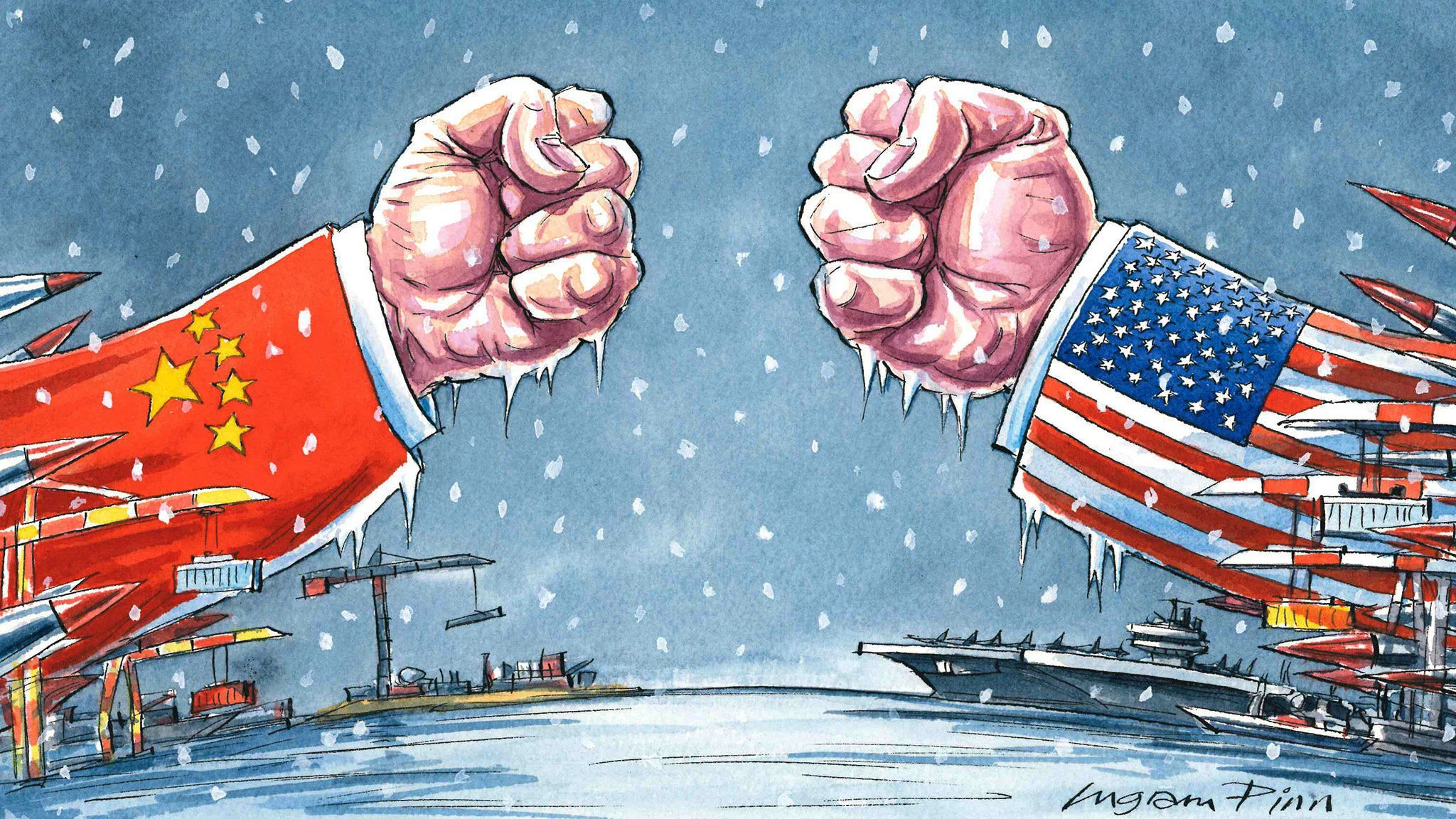A trade war usually starts when one nation is trying to create jobs and protect the domestic industry. To do this, a country will impose tariffs and quotas. Although in the short run, this may do its intended effect of creating jobs and giving a competitive advantage to the domestic country, it results in usually long-term negative effects which can turn into a trade war. Is the long run, it depresses economic growth for all countries involved.
A few other causes of trade wars may also be if one country believes another country is engaging in unfair trade practices, or if there is a misunderstanding between countries about what free trade is and its widespread benefits. This can result in political pressures in both countries and implementations of policies or tariffs that can lead to a trade war.
Even though a trade war might be just between the two countries, the policies implemented that caused the trade war initially can affect many countries around it and stunt their economic growth as well. Currently, President Donald Trump wanted to reduce the $621 billion U.S. trade deficit, which would be his strategy to create more jobs. He imposed tariffs on Chinese steel exports and other goods, which was seen as the beginning of a trade war beginning between the two countries which agrees with our first reasons of causes of trade wars, being in efforts to create more jobs; but in the long term might have negative effects. The Trump administration has imposed three tariffs on a total of $250 billion in Chinese imports. The Federal Reserve estimated these tariffs cost the average household $419 per year.
One question people are trying to answer is if this trade war is what is best for American consumers. In short the answer is no, over the course of 2018 billions of dollars has been lost and the american consumers are paying for it. According to the NBER working paper 25672 “the U.S. has experienced substantial increases in prices of intermediates and final goods, large changes to its supply-chain network, reductions in the availability of imported varieties, and the complete passthrough of tariffs into domestic prices of imported goods.” In other words, the people are paying. The NBER estimated that by the end of 2018 the import tariffs were costing U.S. consumers and the firms that import the goods an additional $3 billion per month in added tax costs and another $1.4 billion per month in deadweight welfare (efficiency) losses.
While it is still unclear what the long term impact will be of this trade war, we see that over the course of one year it was damaging to the U.S. consumer. As this war rages on it stands to reason that only more losses will incur unless a trade deal is reached. For the people in leadership it should be a priority to do what is best for America and in moving forward to help lessen the cost for american consumers.
Nothing has been as responsive to trade war news as the stock market. It seems that for the last few months that even the slightest hint at what comes next between President Trump and Xi Jinping could send markets in either direction, as they hang onto every word of every single headline. In early November, we saw the Dow swing back and forth by over 150 points as Trump hints to progress on a deal, then cooling the excitement as we sift through all of the available information. It does seem that things are gaining momentum, as markets finished off the week of November 15 at an all-time high again, seeing the Dow cross the 28,000 barrier for the first time in history.
The future of trade war volatility is just as uncertain as the outcomes of the trade war itself, we will just have to wait for the next headlines to send us in either direction, and hopefully towards a more certain economic future. At the moment things do seem to be approaching closer to a US-China deal, but only time will tell.
As inter-superpower war has seemingly leveled off, nonviolent trade wars have become commonplace. Tariffs placed on the goods of a foreign nation serve as a way to inflict economic pain on that nation, with the end goal of causing just enough economic burden so that the opposing government changes policy or practices. Powerhouse economies such as China and the United States impose these tariffs upon each other, attempting to one-up each other through increasing levels and breadth of the tariffs. This eventually creates a stalemate between the nations, since both nations are inflicting equitable amounts of economic pain on each other; because of the stalemate, the original issue most likely will go unsolved, and both countries will be worse-off.
The future of economic war lies not in import and export, but rather the human capital of a nation. Having the United States decrease regulation on Chinese skilled immigration and offer these immigrants incentives to come and work in the U.S. not only can increase the skilled labour in the United States, but the low-levels of American expatriation to China leads to this battle being heavily in favor of the United States. It could be argued that these workers could just send money back to China, and that this would in effect harm the United States economy even more, however, by increasing the labor force in the United States (specifically in high-skilled work), there would be fierce competition for jobs. Since there are more consumers in the economy, the prices of goods and housing would go up, and since there is more demand for jobs, the equilibrium price at which workers are willing to work would go down. This would force these workers to work for less money all the while spending more money to maintain a normal lifestyle. Through this shift, there would be limited amounts of funds that could be sent back to their homeland. Businesses would thrive since they could charge more for goods and pay employees less. These new immigrants also bring capital into the United States (most of these immigrants would be in the middle to upper classes in China), and since wealthier immigrants serve as an injection of cash and economic stimuli, their benefit on the economy would be two-fold.
When it comes to inflicting economic pain, we should look at people, not money. Taking educated workers out of a country--who often are already wealthy--not only removes that country of a monetary and time investment, it can lead to a multiplier effect on the new home country. Tariffs are a tool of the past; if we want to live in the future, we need to look at the one constant throughout all of society--people.

